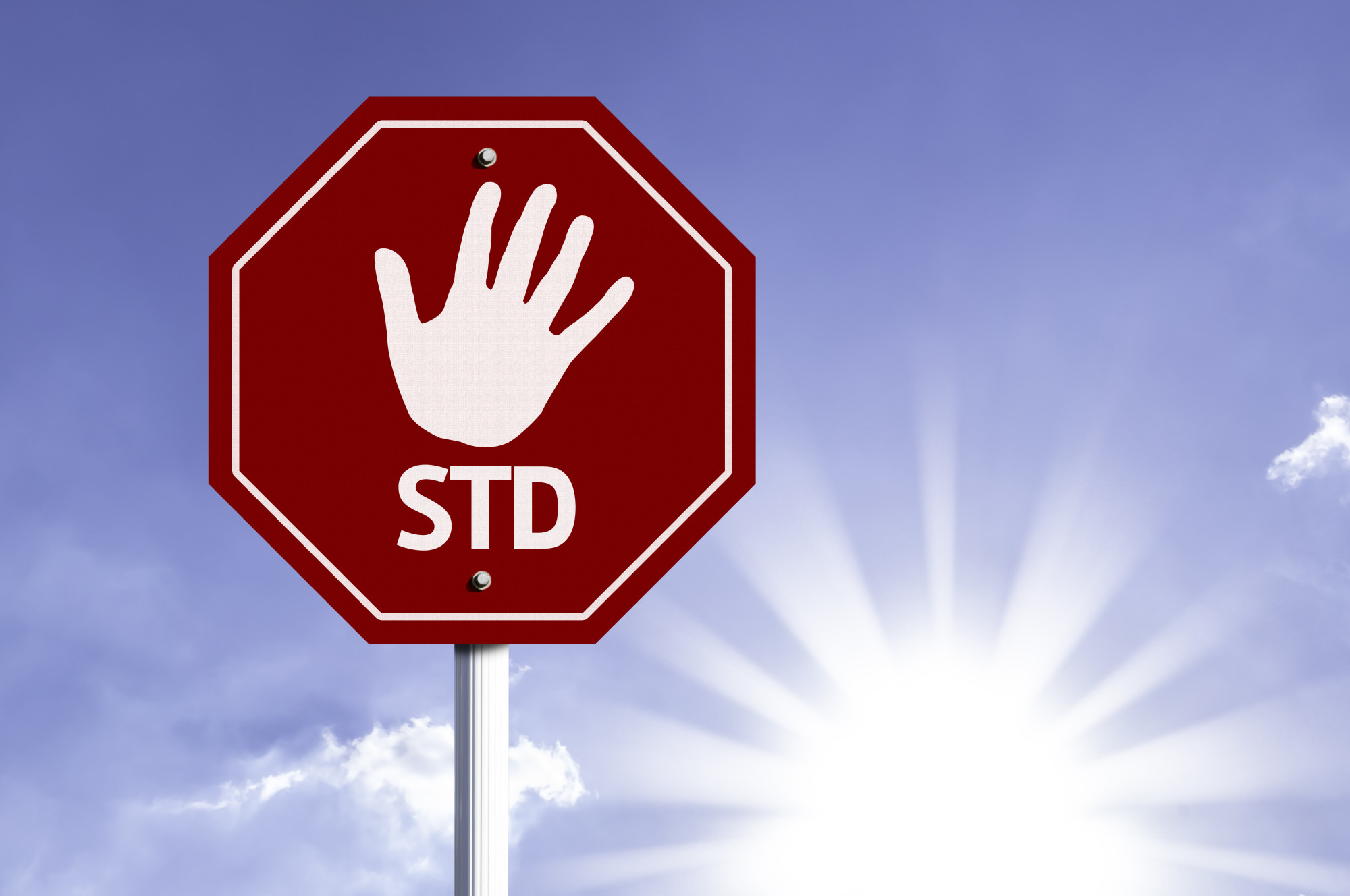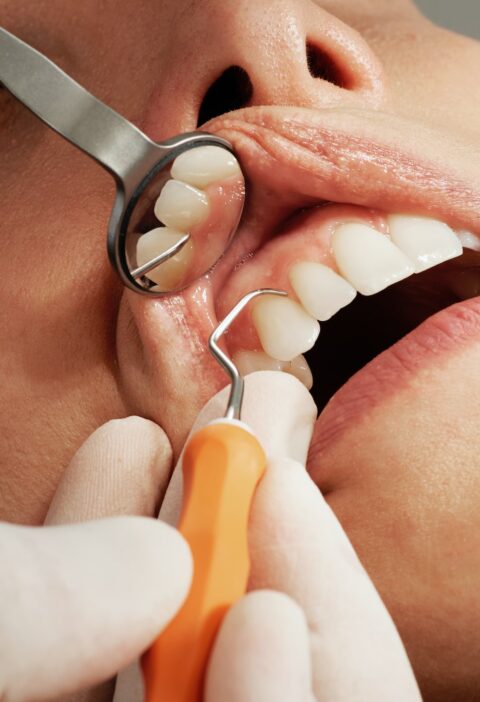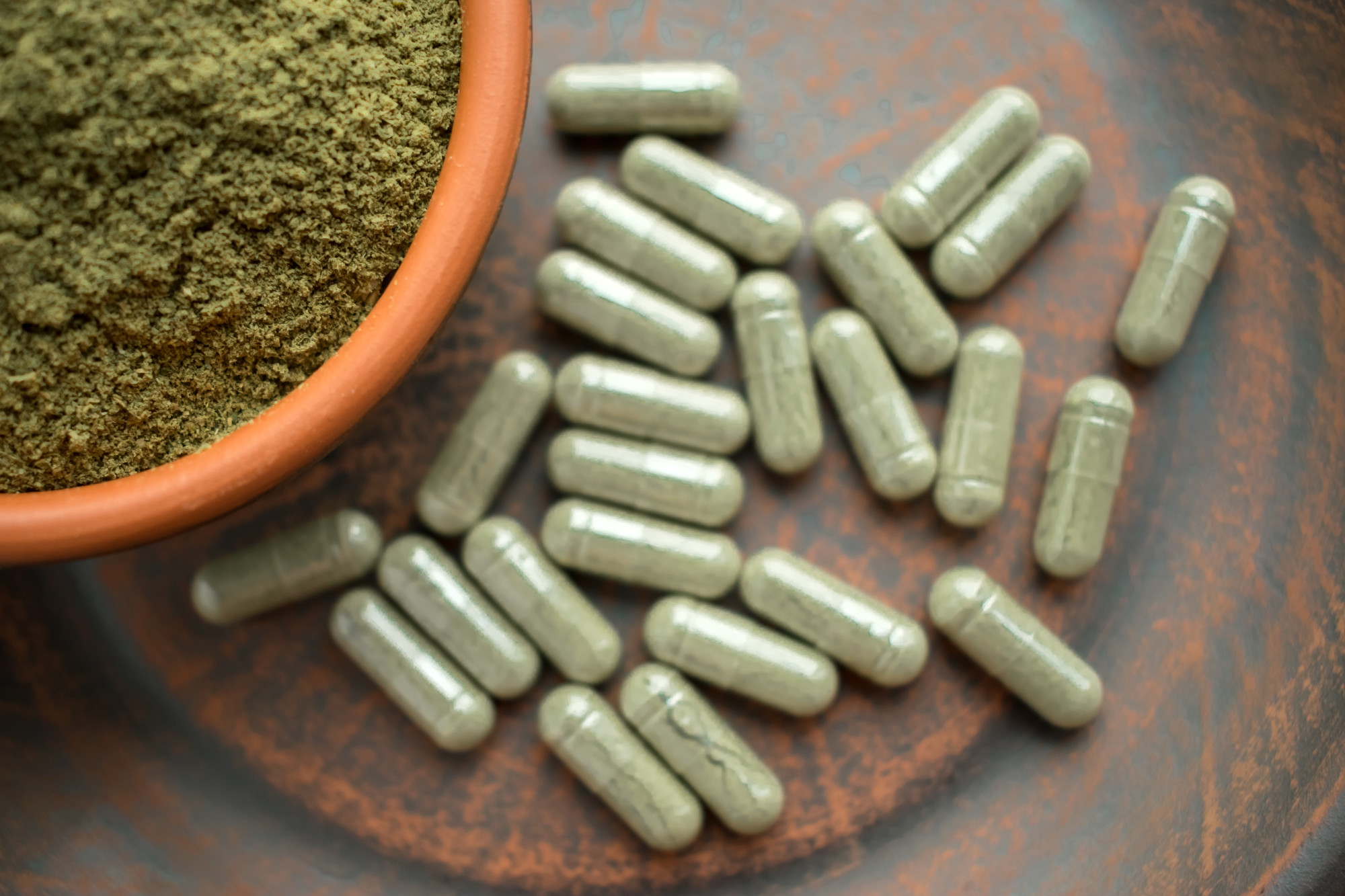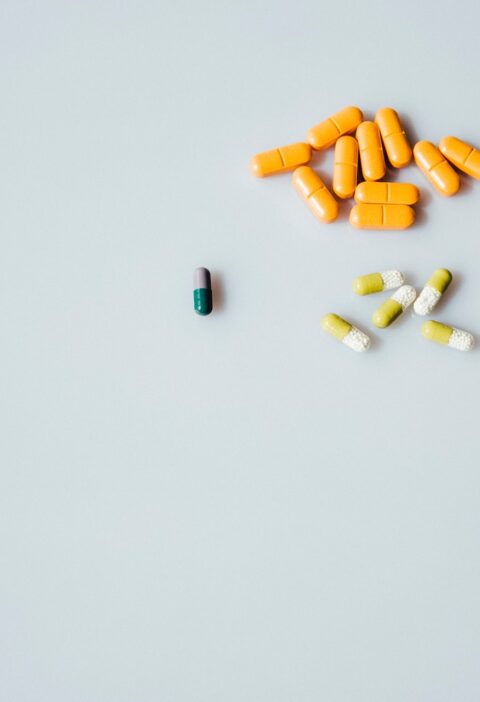When people have sex, often the only thing they think about is whether they are going to get pregnant. This is a valid concern, but, many overlook the dangers associated with a sexually transmitted disease, or STD.
The truth is many STDs can cause unpleasant and even serious health problems. If you are wondering what are sexually transmitted diseases and how to treat them, stick with us and read our guide.
Understanding STDs
Sexually Transmitted Diseases (STDs) are disorders caused by sexual contact. These contagious infections can cause complications. These are infertility, cancer, pain, and even death if left untreated.
Knowing the signs, symptoms, and risks may help you protect yourself and others. Common symptoms that can point to an STD are:
- pain or burning during urination
- sores
- blisters
- rashes on the genitals and/or mouth
- unusual discharges
- pain during sex
If you have any of these signs, it’s essential to get tested and treated. It’s important to note that abstinence is the only surefire way to avoid transmission.
The Different Types
Different types of sexually transmitted infections can affect men and women differently. Some common STDs include chlamydia, syphilis, herpes and HIV/AIDS.
Chlamydia
Chlamydia can be identified through a laboratory test, such as a blood test or a urine sample, or through a swab of the affected area. Common symptoms include pain during urination, abdominal pain, bleeding from the rectum when having a bowel movement, pain during intercourse, unusual vaginal discharge, and itching or burning in the genital area.
Syphillis
Syphilis is a common STD caused by the bacterium Treponema pallidum. Symptoms of syphilis include skin rashes, sores in the genital area, and fatigue.
Herpes
Herpes is a highly contagious virus that can lead to painful and itchy sores or blisters on or around the genitals or mouth. Although there is no cure, antiviral medications such as acyclovir can reduce outbreaks and lessen symptoms.
There are two types of herpes:
Herpes Type 1 (Oral Herpes or Cold sores)
Cold sores can range from small sores to itchy and painful blisters. It can be spread through oral sex and direct contact with the infected area. You can always find the best cold sore treatment.
Herpes Type 2 (Genital Herpes)
People with Herpes Type 2 are asymptomatic. Those with active infections can experience flu-like symptoms and genital lesions. Treatment includes supportive care, antiviral medications, and suppressive therapy.
HIV/AIDS
HIV/AIDS is a virus that attacks the immune system, making it harder for the body to fight off infections. It is typically treated with anti-retroviral therapy, which is a combination of drugs that help to slow down the progression of the virus and reduce its impact on the immune system.
Diagnosis and Proper Treatment
Proper diagnosis and treatment are essential to prevent further health complications and transmission of the disease to other partners. It is important to know the symptoms of STDs and to get tested regularly, even if there are no symptoms.
Treatment for STDs depends on the organism causing the problems and may include antibiotics, antivirals, or antifungals. Practicing safe sex including the use of condoms and regular testing is the best way to prevent the spread of STDs and to keep yourself healthy.
Learn More About Sexually Transmitted Diseases Today
Sexually transmitted diseases are an important public health concern that can be prevented with proper steps. It is important to recognize the signs and symptoms of STDs and seek appropriate treatment. Be smart, be safe, and protect yourself today.
Looking for more health and lifestyle information? Keep exploring our site for more valuable insights.







